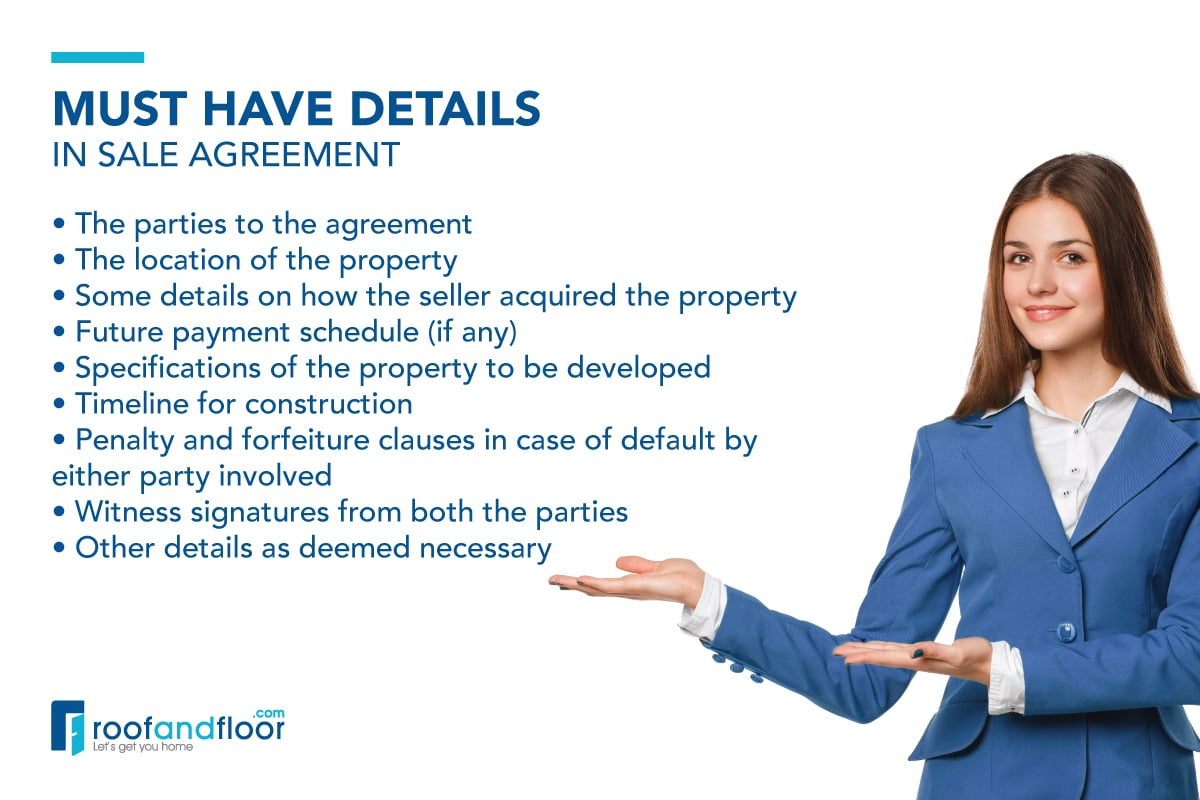The real estate sector has many legal and financial terms attached to it like EMI, pre-EMI, pre-payment, lien, power of attorney, encumbrance, and many more! It’s one of the reasons that home buying can often be a stressful affair. Akash Nair wrote to us asking us about the difference between the Agreement for Sale and the Sale Deed. “Aren’t these the same?” he queried.
Not quite, Akash.
Both of these terms stand for the different documents used in different phases of buying/investing in real estate. Let’s find out more.
What is Agreement for Sale and when is it used?
When two parties agree to make a real estate transaction, they enter into an agreement. This agreement is called the Agreement for Sale. This agreement contains all the terms and conditions under which the sale of the property will happen.
The Agreement for Sale is always entered into when the actual sale of the property is to happen at a later point in time.
The Agreement for Sale gives the buyer the right to the property subject to certain conditions like payment on agreed terms. At the same time, it also creates an obligation on the seller to sell the property to the buyer on the terms as agreed.
An Agreement of Sale precedes the Sale Deed and is a legally admissible document. This agreement is required if you are going in for a home loan to fund your purchase. This agreement also reflects the money paid by the buyer as a booking amount or down payment for the buying the property. The Agreement for Sale is executed on a non-judicial stamp paper and has the following details:

The Agreement for Sale is a must if you are going in for an under-construction property. Stamp duty need not be paid for Agreement of Sale in the majority the Indian states. However, it is ideal that you check the local rules regarding this.
What is a Sale Deed and when is it executed?
The Sale Deed is executed when the final transfer of title passes from the seller to the buyer. While the Agreement for Sale gives you the future right to buy the property, the actual transfer of title happens only when you execute a Sale Deed with the seller. The Sale Deed needs to be registered with the Sub-Registrar and stamp duty has to be paid.
So, if you have bought a property under the Agreement for Sale, know that this alone cannot give you the title of the immovable property. It is only a properly executed Sale Deed that can give you rights to that property.
Now that you know the difference between the Agreement for Sale and the Sale Deed, put this knowledge to good use whenever you are buying an immovable property.






Is it possible to sell an apartment after the full payment is received in the seller’s account in cases where the buyer intends to take a loan from an institution ?